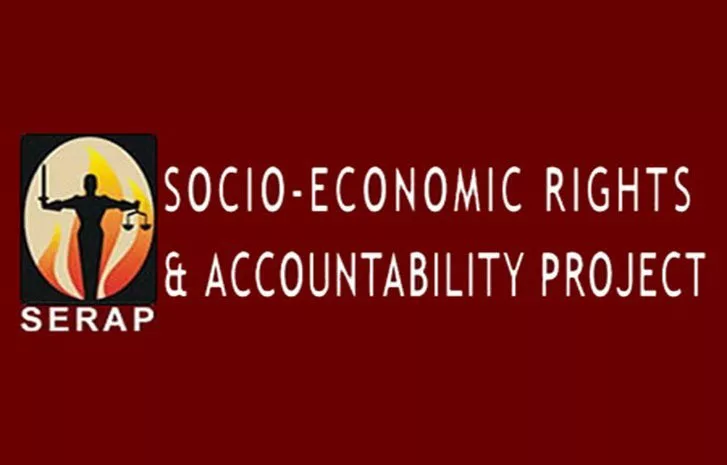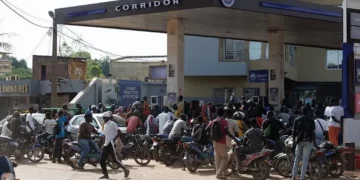The Socio-Economic Rights and Accountability Project (SERAP) has asked the Group Chief Executive Officer of the Nigerian National Petroleum Company Limited (NNPCL), Bayo Ojulari, to account for the alleged missing funds totalling N22.3 billion, $49.7 million, £14.3 million, and €5.2 million.
SERAP is also urging the NNPCL boss to ensure the full recovery and return of any diverted or misappropriated funds to the treasury without further delay, and to hand over those responsible to the appropriate law enforcement agencies.
The civil society, which made the demands in an open letter dated October 25, 2025, and signed by its Deputy Director, Kolawole Oluwadare, stated that the discrepancies were documented in the recently published 2022 annual report by the Auditor-General of the Federation.
SERAP claimed that the alarming allegations by the Auditor-General suggest a serious violation of public trust, the Nigerian Constitution of 1999, anti-corruption laws, and the country’s international obligations.”
It also maintained that the allegations have undermined the country’s economic development, trapped the majority of Nigerians in poverty, and deprived them of opportunities.”
The organisation further stated that combating the corruption epidemic in the oil sector would alleviate poverty, improve Nigerians’ access to basic public goods and services, and enhance the government’s ability to fulfil its human rights and anti-corruption obligations.
SERAP alleged that despite Nigeria’s vast oil wealth, ordinary citizens have seen minimal benefit from oil revenue, primarily due to widespread grand corruption, particularly within the NNPCL, and a deeply entrenched culture of impunity for wrongdoers.
It also claimed that the diverted or misappropriated oil revenues reflect a broader failure of accountability within the NNPCL and are directly linked to the institution’s ongoing failure to uphold principles of transparency and accountability.”
SERAP insisted that these missing revenues have exacerbated the country’s already precarious economic situation and have contributed to high levels of deficit spending and government borrowing.
The organisation said, “Had the NNPCL properly accounted for and remitted the diverted oil money to the treasury, it is likely that more funds would have been allocated to fulfil the economic and social rights of Nigerians, such as increased spending on education and healthcare.
“The level of government borrowing could have been reduced significantly.
According to the 2022 audited report by the Auditor-General of the Federation, published on September 9, 2025, the NNPCL failed to account for over N22.3 billion, $49.7 million, £14.3 million, and €5.2 million in oil money.
The Auditor-General expressed concerns that the money may have been “diverted.”
In 2020, the NNPCL reportedly paid over N292 million (N292,609,972.29) for a contract to construct an Accident and Emergency Facility on Airport Road, Abuja. However, despite being paid, the contractor has since abandoned the project and failed to execute the job.
The Auditor-General suspects that the funds may have been “diverted” and is seeking recovery from the contractor to be remitted to the treasury.
In 2021, the NNPCL reportedly spent over £14 million (GBP £ 14,322,426.59) to repair its London office; however, there was no evidence of the expenses incurred or any documentation.
The Auditor-General fears this money may have been diverted or misappropriated and seeks its recovery.
The NNPCL reportedly “irregularly paid” over $22 million (USD$22,842,938.28) to a contractor for lifting nine crude oil cargoes. The NNPCL failed to clarify why the amount due from crude oil sales from January to October 2019 was only $4,858,997.22, while the contractor received over $22 million for the same timeframe.
Once again, the Auditor-General has expressed concerns that this money may be missing and is seeking recovery.
Furthermore, the NNPCL “irregularly paid” N2.3 billion (N2,379,488,622.99) for vehicle cash options.





